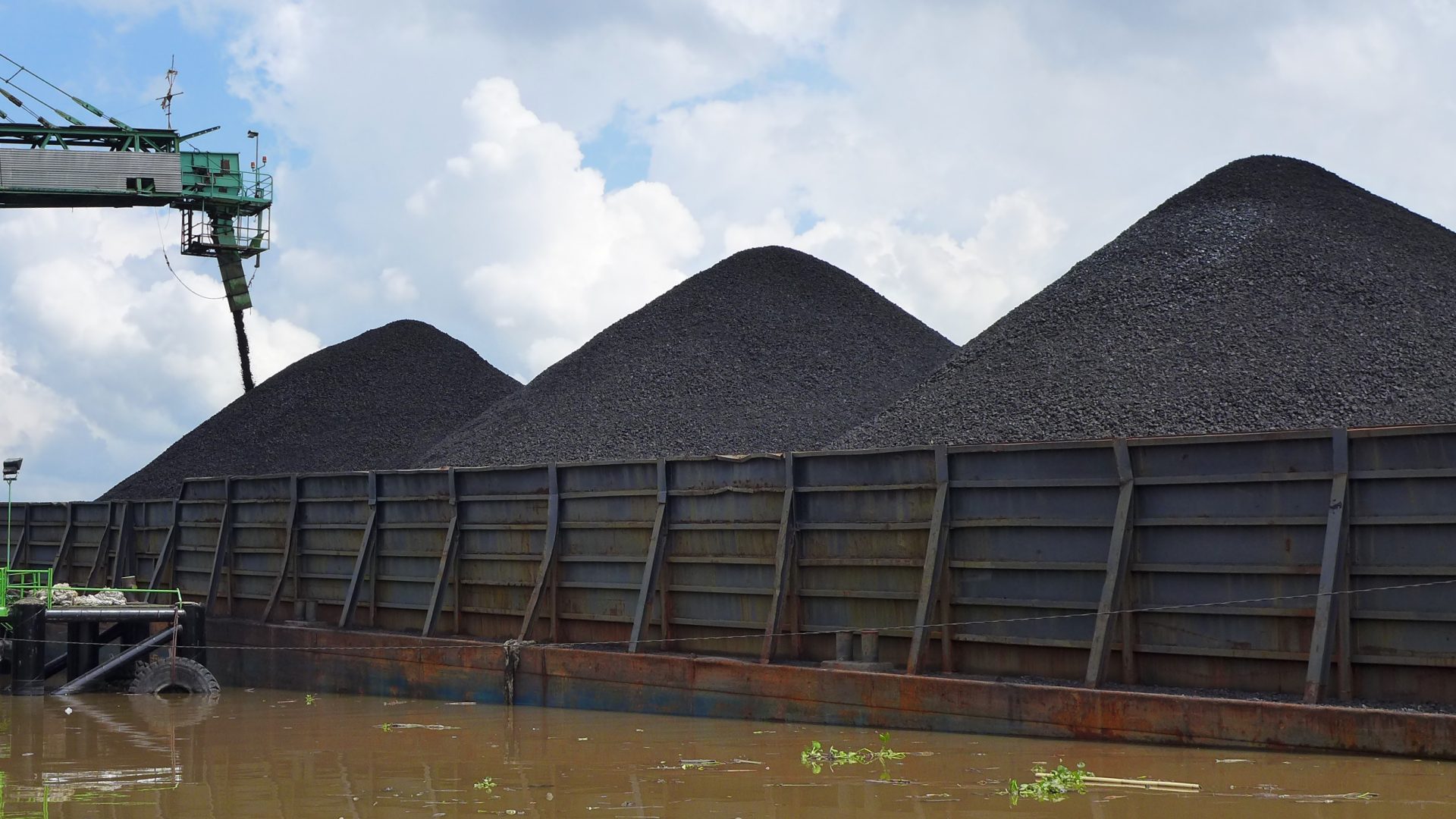
What do Japan and the tobacco industry have in common?
“Cigarettes are good for you.” The tobacco industry successfully peddled this myth for decades. Today, nobody would believe them, and the boldness of the lie seems staggering in retrospect. But Japan, under the leadership of Prime Minister Shinzo Abe, seems determined to give the tobacco industry a run for its money with another big lie: their government continues to use public funds to push dirty coal plants that they call “efficient,” even as the world burns.
In recent years, Japan has become the world’s most desperate pusher of dirty coal technology. They have insisted that their dirty coal plants are “efficient” – and they have even tried to classify their exported coal plants as climate change aid for developing countries (fortunately, they were laughed out of the room, and its notable that none of their financing for coal has gone to the poorest countries).
Japan’s slippery narrative on “efficient” is fading fast: last month, a WWF-commissioned report by Ecofys showed that any new coal-fired power generation, no matter how “efficient,” is incompatible with the globally-agreed climate goals set at Paris in December. Yet Japan continues to finance coal plants abroad, even as forest fires burn out of control in Canada, India recorded its hottest temperature ever at a scorching 123.3 degrees F (51 degrees C), and residents of Pakistan dig mass graves in preparation for a brutal heatwave.
Today, a new report by Oil Change International, the Natural Resources Defense Council, WWF, and three Japanese partner organizations further pulls back the curtain on the extent of Japan’s betrayal of global efforts to fight climate change. Japan, which plays host to the G7 leaders’ summit this week, is by far the biggest backer of overseas coal projects among G7 nations, using public money to finance a shocking $22 billion in coal since 2007. This is more than twice as much as any other G7 nation.
What’s worse, under Shinzo Abe’s government, Japan looks set to continue its role as the biggest supporter of deadly coal plants, with at least $10 billion in new coal projects under consideration (and those are just the ones we know about; shady government deals to finance coal plants often develop behind closed doors). The report – also supported by Japanese groups including the Kiko Network, Friends of the Earth Japan, and Japan Center for a Sustainable Environment and Society – shows that alongside Japan, Germany and Italy continue to finance coal projects abroad, a practice they must end.
You’re probably wondering why a world leader in advanced technology like Japan is promoting coal, a polluting technology whose heyday was in the 1800s – and which is associated more with the choking haze of Britain’s industrial revolution than the knowledge economy of the 21st century. Predictably, Japan’s push to export more coal technology is motivated by the most cynical reason of all: money.
Japanese megacorporations that are household names in consumer electronics, like Hitachi and Mitsubishi, also peddle dirty coal technology. These companies wield enormous influence, and they’ve convinced the Japanese government to help them export their deadly products around the world (using taxpayer money, no less). Demand for coal has slackened in most of the world as the devastating climate and air pollution costs of coal power become clearer, while alternatives – especially renewable energy – have declined tremendously in cost. As one of our recent blogs noted, the UK just had its first day of coal-free electricity production since the industrial revolution began, and even coal-boosting Germany generated all of its electricity from renewable sources for a short time this month. It’s become increasingly difficult for coal technology companies to make it on their own, so instead of just devastating the climate and the communities when they build new plants overseas, they’ve also taken to siphoning even more money from taxpayers at home.
As the rest of the world moves away from coal, Japan is sprinting in the opposite direction. The last time coal was cool, steamships were in vogue and the telegraph was an exciting new mode of communication. Even one-time fossil fuel stalwarts like the World Bank are calling new coal power plants a “disaster for the planet.” It’s time for Japan to get with the 21st century and stop funding fossils.
You can help spread the message by sending a tweet to Japanese Prime Minister Shinzo Abe calling for an end to coal finance, and you can also support a call for Japan to go fossil fuel free by 2020 at the Coal Japan website.

